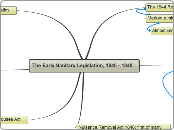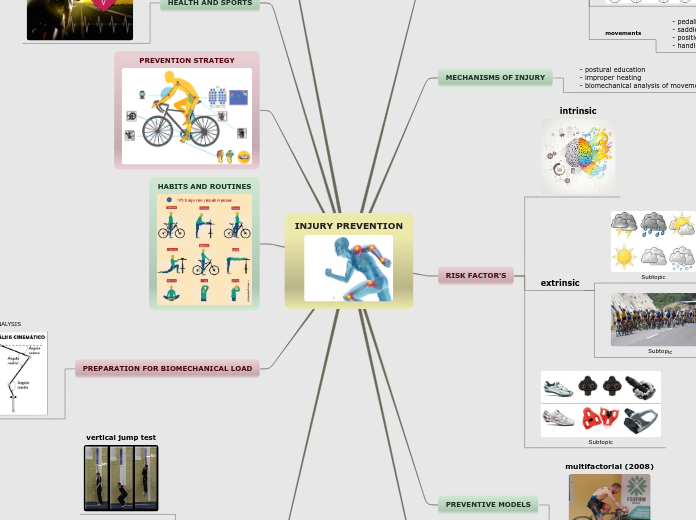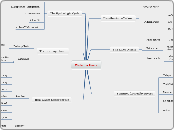a adam patel 15 éve
1215
The Early Sanitary Legislation, 1846 - 1848
In mid-19th century Britain, a series of legislative measures were introduced to address public health concerns in burgeoning towns and cities. The Liverpool Sanitary Act of 1846, along with subsequent acts like the Nuisance Removal Act and the Towns Improvement Clauses Act, aimed to tackle the unsanitary conditions prevalent in urban areas.









